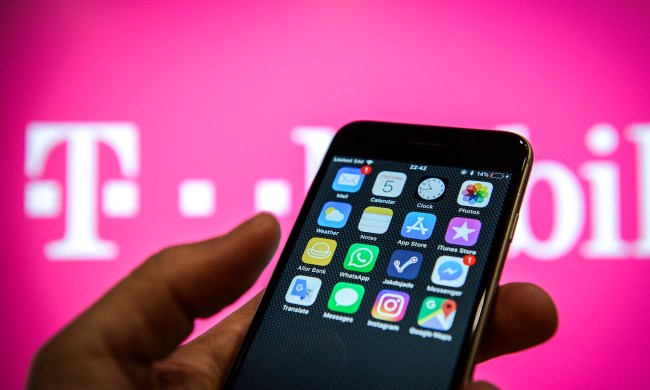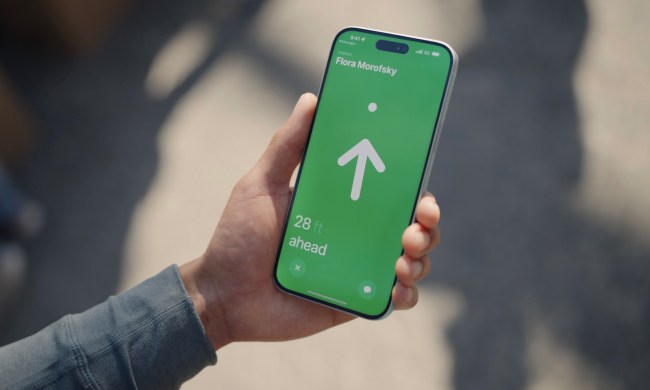One of the interesting news items to come out of last week’s 3GSM conference in Barcelona was the CMO Council‘s Global Mobile Mindset Audit, a survey of some 15,000 mobile users in 37 countries to determine what consumers liked and disliked about their mobile technology and the how it integrates into their lives. The results? The new power users of mobile technology are in developing nations rather than fully-industrialized (er, post-industrial) nations, and the leading complaint of mobile device users worldwide is that the technologies offer “too many functions I do not use.”
The survey is powered by Global Market Insite and is part of a larger research effort by the Forum to Advance the Mobile Experience (FAME), an advocacy group for the mobile industry. FAME prefers to view mobile user’s frustrations with existing technology as opportunities rather than problems…but it’s still worth noting what mobile users around the world thought the greatest “opportunities” might be.
Overall, consumers complained that mobile devices offered features they didn’t use, but also said mobile retailers did a sad job: sales associates didn’t know what they were talking about, point-of-sale service was poor, and retailers didn’t seem to hav a knack for product demonstrations. Also at the top of the study’s “Irritation Index” globally are poor battery life, the overall cost of mobile services, paranoia of phone loss or thet, and the annoyance of disconnects and call drop-offs.
“We saw profound variations between countries, cultures, user demographics and genders,” said Michael Allenson, executive VP at GMI. “There are huge opportunities in both established and emerging markets to extend the value, utility, and appeal of mobile devices and services.”
“Clearly, wireless operators, device manufacturers, and sales channels need to be much closely aligned and integrated in creating a simpler, more satisfying and predictable user experience,” noted Dave Murray, director of the CMO Council’s FAME group.
But among the most “surprising” results of the survey were that the new power uers of mobile devices are in developing countries, rather than the world’s mature economies. Users in developing nations reported the highest levels of device dependency and the greatest receptivity to new mobile applications and services.
The survey found the United States lags behind all other regions on mobile device ownership, advanced feature adoption, intent to buy, and dependency. (Or, put another way, the U.S. mobile phone marketplace isn’t as tightly wrapped around the finger of the mobile industry as other markets…something they’d like the change, no doubt.) U.S. users also have less interest in ring tones, wallpaper, and accessories.
When asked how they’d improve their mobile devices, mobile users overall voted for more memory, more storage capacity, and smaller form factors; after that, they’d like to improve the design and styling of the devices and make them simpler to use. Voice quality ranked last on the list mobile users wanted to improve.


